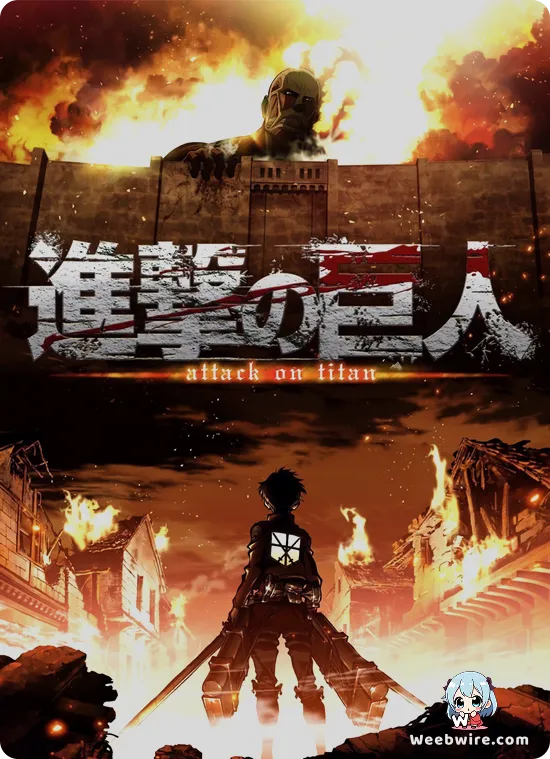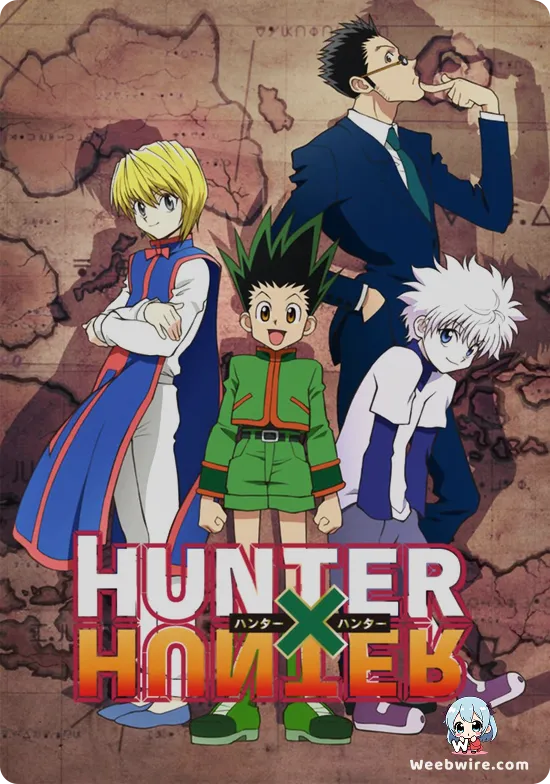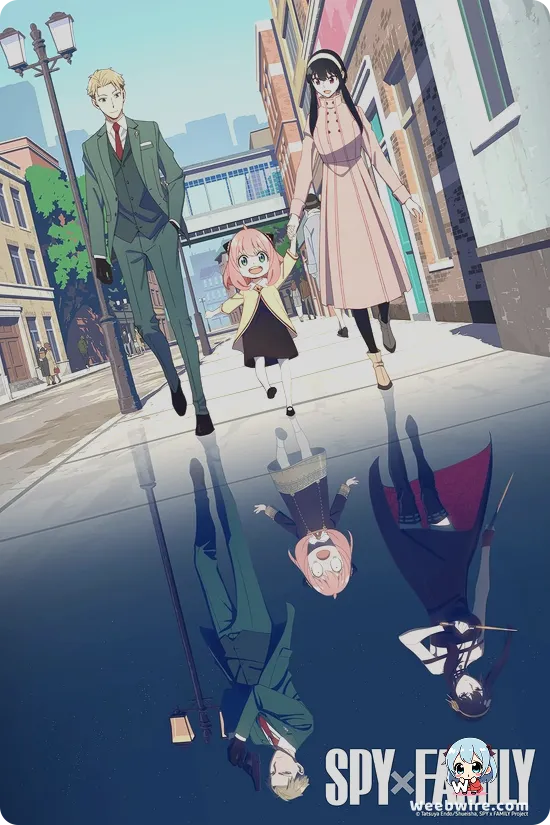Former Funimation GM Reveals Warner Bros. Explored Naruto Live-Action Adaptation as Early as 2006
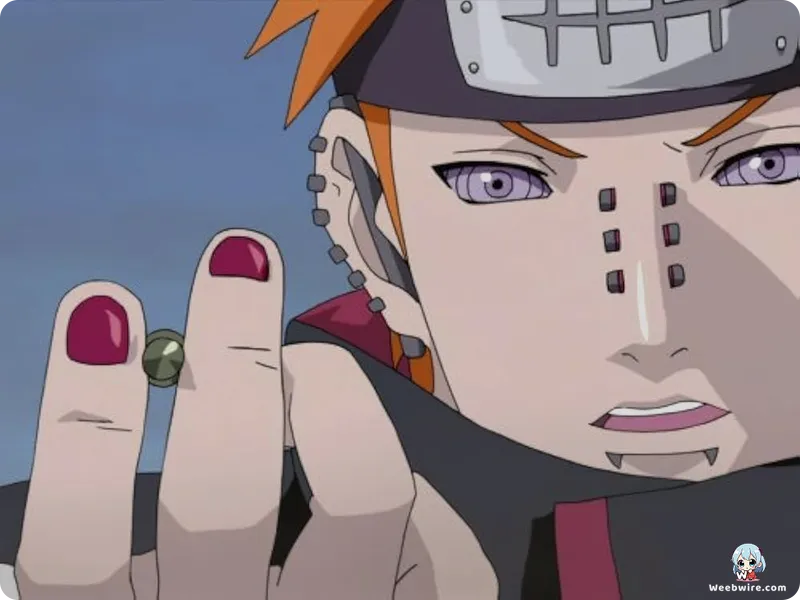
A fascinating historical revelation from a veteran of the anime industry, Amanda Nanawa, has recently cast new light on Hollywood's long-standing pursuit of major anime franchises. In a compelling LinkedIn post that has swiftly garnered widespread attention across the anime community, Nanawa, formerly the General Manager at Funimation Channel, disclosed that as far back as 2006, entertainment titan Warner Bros. had already set its sights on developing a live-action adaptation of the iconic ninja saga, Naruto. This intriguing insight emerges from a pivotal era when both Naruto and Bleach were experiencing unprecedented popularity, dominating the airwaves on beloved programming blocks like Toonami and Adult Swim. Their immense global appeal made them prime candidates for the coveted Hollywood treatment, signaling a clear intent from major studios to tap into the burgeoning anime market.
Warner Bros., reportedly keen to replicate the blockbuster success of fantasy adaptations such as the Harry Potter film series, approached Viz Media to pinpoint the most suitable intellectual property for a live-action conversion. Their preference, Nanawa reveals, leaned heavily towards Naruto, a testament to its then-unrivaled cultural footprint and massive fanbase. However, drawing upon her extensive industry expertise and foresight, Nanawa offered a strategic counter-perspective. She advised Warner Bros. that Bleach might present a more straightforward path for live-action development, highlighting the inherent complexities and unique challenges associated with adapting Naruto.
Navigating the Nuances of Live-Action Adaptation
Nanawa's rationale stemmed from the significant hurdles involved in casting and effectively working with the younger actors essential for a faithful Naruto adaptation. The series, at its core, follows the journey of a young ninja and his peers, requiring a cast capable of portraying characters who grow and evolve over many years. This challenge, she suggested, could only be overcome with a director renowned for their adeptness with child performers, citing Chris Columbus, known for his work on the early Harry Potter films, as an ideal candidate. Her advice underscored the critical importance of not just securing a popular IP, but also understanding the practicalities of bringing its specific narrative and character dynamics to life on the big screen without compromising its essence.
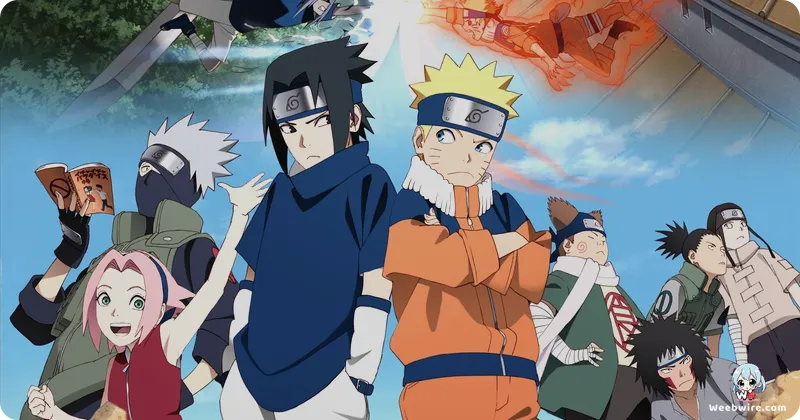
While this initial push for a Naruto live-action film by Warner Bros. did not immediately materialize, the currents of fate have a remarkable way of turning, often bringing past ambitions to fruition in unexpected ways. In a striking twist that mirrors Nanawa's early observations and strategic insights, the Naruto live-action project is now officially in pre-production, spearheaded by Lionsgate. This highly anticipated adaptation has garnered significant excitement, especially with acclaimed director Destin Daniel Cretton, known for his work on Shang-Chi and the Legend of the Ten Rings, at the helm. His proven ability to handle action-packed narratives with strong character development bodes well for the beloved ninja saga.
A Creator's Blessing and Dual Adaptations
Adding a significant layer of authenticity and fueling fan anticipation, the original manga creator, Masashi Kishimoto himself, has enthusiastically bestowed his blessing upon the upcoming film. His direct involvement and approval are crucial for fans, promising a spectacular blend of action and a narrative that remains profoundly true to the spirit of his iconic series. This endorsement from the creator is often a key factor in the success and acceptance of live-action adaptations among the dedicated fanbase.
Concurrently, Warner Bros., having seemingly absorbed Nanawa's earlier counsel regarding the adaptability of Bleach, is now actively developing its own live-action adaptation of the popular Soul Reaper saga. This dual development powerfully underscores the enduring global impact and immense appeal of these two seminal anime and manga franchises. It highlights Hollywood's persistent and evolving strategy to translate cherished Japanese animated properties into live-action formats for a global audience, learning from past considerations and adapting to current industry capabilities.
Nanawa's historical disclosure not only highlights Hollywood's persistent pursuit of adapting major Japanese animated properties but also offers invaluable insight into the intricate challenges and critical considerations that underpin the ambitious journey of translating these cherished worlds into the live-action format for a global audience. Her foresight from nearly two decades ago provides a fascinating look into the strategic thinking that shapes the landscape of anime adaptations today, proving that the seeds of current blockbusters were often sown many years prior by industry veterans with keen insights.
Credits
Naruto
Author
Masashi Kishimoto
Cover Art
Masashi Kishimoto
Studio
Studio Pierrot
Publisher
Shueisha
Producers
Bleach
Author
Tite Kubo
Cover Art
Tite Kubo
Studio
Studio Pierrot
Publisher
Shueisha
Producers

